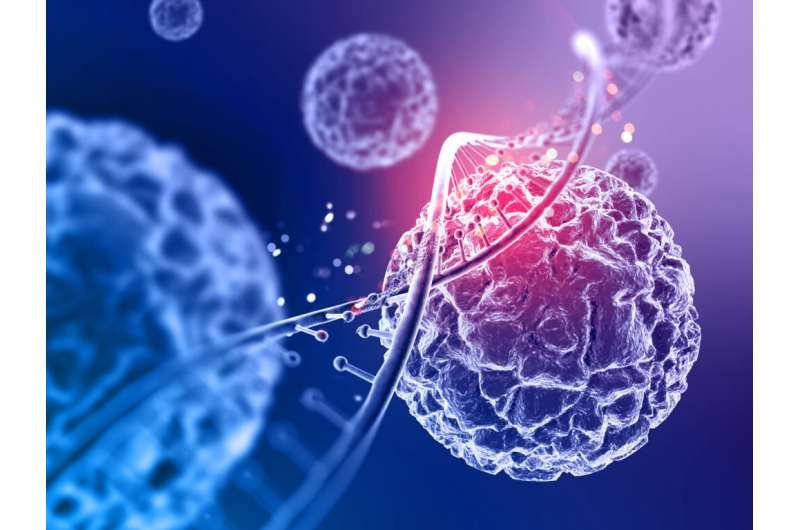Oncology

While the term "Onco" means mass, and "logy" means study, not all cancers cause a mass. There are hundreds of types of cancer that may arise from epithelial cells (such as breast ducts and airways in the lungs), connective tissue (such as sarcomas), or blood cells (such as leukemias and lymphomas).
Even cancers that arise in the same tissue (say, the lungs) differ on a molecular level, such that no two cancers are alike. Unlike benign conditions or tumors, there are several factors that make a cancer cell a cancer cell.
Cancer is caused by the uncontrolled growth and reproduction of a cell that is initiated by a series of mutations in a normal cell. There are hallmarks of cancer that differentiate it from benign conditions. In addition to uncontrolled growth, cancer cells work to create new blood vessels to supply their growth, resist death, and much more.
Oncologists
There are three primary types of oncologists or physicians who treat people with cancer. These include:
Medical oncologists treat people with medications such as chemotherapy, targeted therapy, hormonal therapy, and immunotherapy.
Surgical oncologists perform surgeries to remove malignant tumors.
Radiation oncologists use radiation to treat cancer.
Procedures carried out:
Pediatric oncologists, treating children with cancer
Adolescent and young adult oncology
Gynecologic oncologists, treating tumors such as ovarian cancer, cervical cancer, and uterine cancer
Neurooncologists, addressing cancers such as brain cancer and metastases to the brain from other tumors, as well as central or peripheral nervous system side effects of treatment, such as peripheral neuropathy or cognitive dysfunction
Sarcoma specialists
Gastrointestinal oncologists, who treat tumors of the colon, GIST tumors, etc.
Psychooncologists, addressing the emotional and psychological aspects of living with cancer
Precision oncologists, who address the molecular characteristics (what's happening with a tumor at a genomic level) to guide treatments personalized to a tumor
Integrative oncologists, who look at ways to integrate conventional medicine with alternative therapies (such as yoga and much more) that may improve a person's quality of life while living with cancer
Immunotherapy-oncologists
Oncology rehabilitation specialists
Preventive oncologists
Urologists, who treat prostate cancer
Survivorship specialists, as with more people surviving cancer, often with long term side effects, issues surrounding survivorship have developed into a field of its own.
- 100% Trustworthy & Reliable
- includes : treatment & hospitalisation